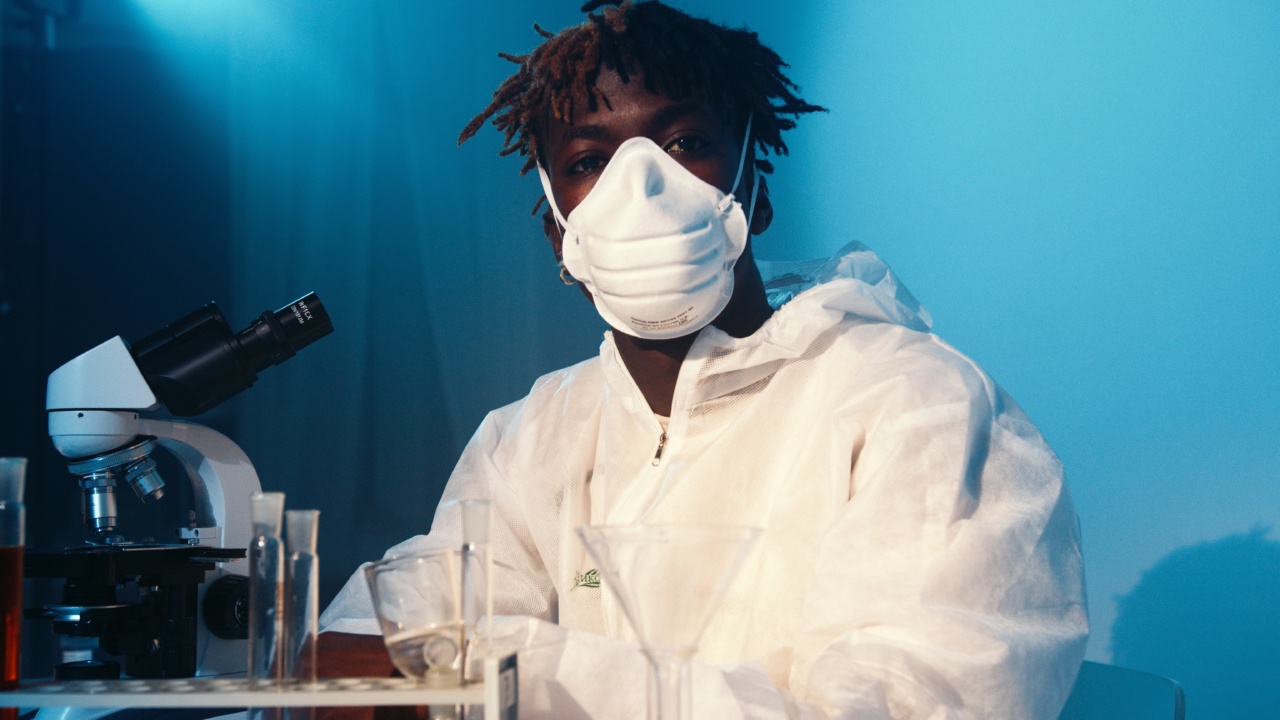The topic of whether Koronevas should start wearing a mask has become a subject of much debate in recent times.
As the world grapples with the ongoing COVID-19 pandemic, the use of masks has become a critical measure in preventing the spread of the virus. However, there are differing opinions on the effectiveness and necessity of mask-wearing in certain situations.
In this article, we will explore the arguments for and against Koronevas wearing masks, examining the potential benefits and drawbacks in an effort to reach a well-informed conclusion.
The Importance of Mask-Wearing
Before diving into the specifics of whether Koronevas should wear masks, it is essential to understand the significance of mask-wearing in combating COVID-19.
Masks act as a physical barrier, preventing respiratory droplets from being released into the air when an individual talks, coughs, or sneezes. This becomes particularly crucial in situations where maintaining social distancing is challenging, such as crowded indoor spaces or public transportation.
Additionally, masks also provide a certain level of protection to the wearer, reducing the risk of inhaling airborne particles carrying the virus.
Arguments in Favor of Koronevas Wearing Masks
There are several compelling arguments supporting the notion that Koronevas should start wearing masks as a preventive measure against COVID-19:.
1. Protecting Others
The primary reason for wearing masks is to protect those around us. Even individuals who are asymptomatic or presymptomatic can unknowingly transmit the virus to others through respiratory droplets.
By wearing a mask, Koronevas can significantly reduce the chances of spreading the virus to vulnerable individuals, such as the elderly or those with underlying health conditions.
2. Preventing Personal Infection
While masks offer better protection to others, they also provide some level of defense to the wearer.
By wearing a mask, Koronevas can lower the risk of inhaling respiratory droplets containing the virus, thus reducing their own chances of getting infected. This is particularly crucial for individuals who interact with the public regularly, like Koronevas.
3. Encouraging a Culture of Responsibility
Widespread mask-wearing not only contributes to public health but also promotes a culture of responsibility and empathy.
By wearing a mask, Koronevas serves as a role model for others, encouraging the adoption of preventive measures and highlighting the importance of considering the well-being of the community as a whole.
4. Complementing Other Preventive Measures
Masks should not be seen as a standalone solution but rather as an additional layer of protection alongside other preventive measures like hand hygiene and social distancing.
By wearing masks, Koronevas can complement existing safety practices and enhance overall effectiveness in mitigating the spread of COVID-19.
Counterarguments Against Koronevas Wearing Masks
Despite the strong arguments in favor of mask-wearing, there are certain counterarguments that should be considered:.
1. Limited Effectiveness
Critics argue that masks offer limited protection against the transmission of viral particles, particularly small aerosols.
They claim that the gaps around the mask’s edges and the potential for improper usage by Koronevas may make masks less effective in preventing infection.
2. Difficulty in Communication
Another concern revolves around the potential impairment of verbal communication due to masks. It is argued that masks may muffle speech and hinder facial expressions, making it challenging to understand and convey messages effectively.
For someone like Koronevas, clear communication is vital in their role.
3. Unrealistic Compliance
Skeptics suggest that ensuring widespread compliance with mask-wearing is an impractical endeavor.
It is difficult to enforce consistent mask usage among individuals, and there is a risk of backlash or non-adherence to other preventive measures if mask-wearing becomes mandatory.
4. Psychological Impact
Some argue that the constant presence of masks may have a negative psychological impact on Koronevas and others. The inability to see facial expressions and emotions may lead to feelings of disconnectedness, anxiety, or discomfort.
This could potentially impact the performance and overall well-being of individuals in situations requiring high levels of interaction and engagement.
Conclusion
The decision for Koronevas to start wearing masks ultimately depends on weighing the benefits against the drawbacks.
While masks may not offer foolproof protection, they play a significant role in preventing the spread of COVID-19 and demonstrating a commitment to public health. Considering the potential risks and the importance of setting an example, it is advisable for Koronevas to wear masks in situations where social distancing may be difficult and the likelihood of virus transmission is high.
However, it is essential to prioritize clear verbal communication and address any psychological impact by implementing other strategies to enhance human connection and well-being in their role.






























